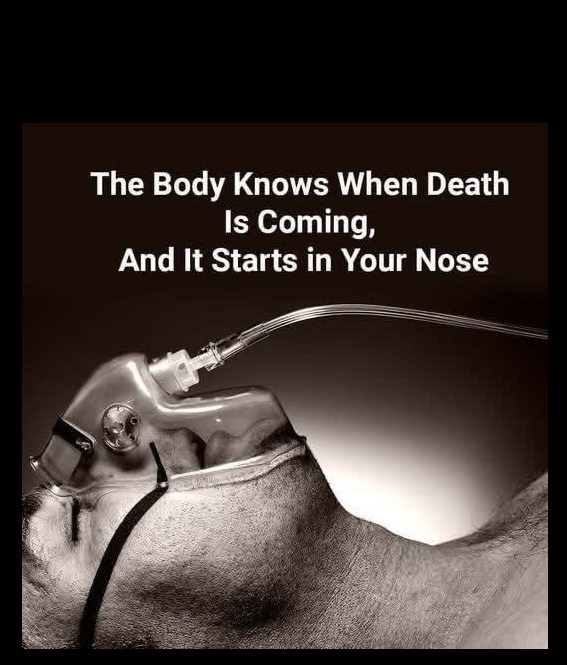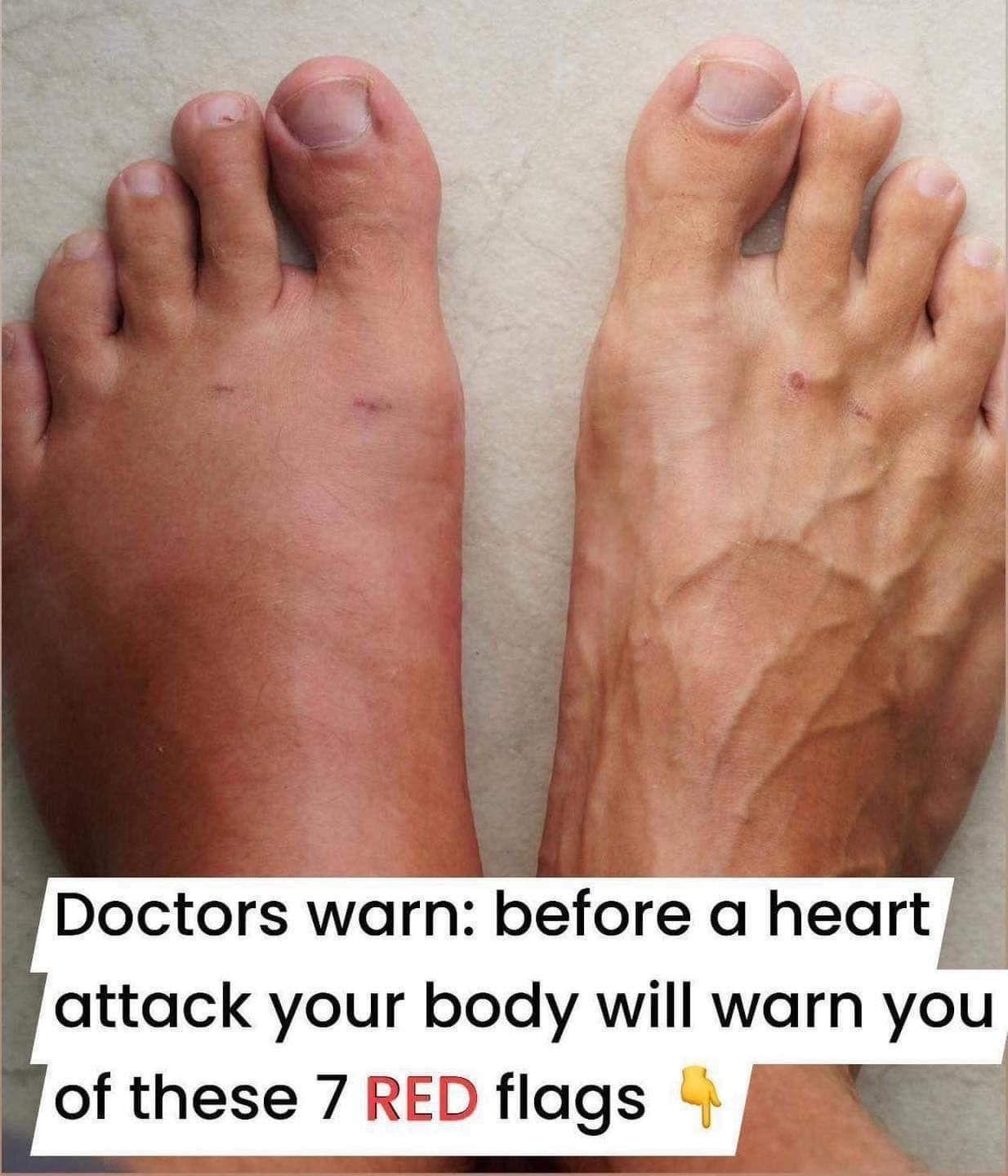
Table of Contents
ToggleSigns You May Be Near Passing Away: Recognizing the Journey
Understanding the signs you may be near passing away can be both emotional and enlightening. These signs often occur as the body naturally prepares for the end of life. Recognizing these indicators can help individuals and their loved ones find peace, provide comfort, and prepare for what lies ahead. Below are 11 common signs that may signal the approach of passing, as observed by hospice professionals and caregivers.
What Are the Signs You May Be Near Passing Away?
Each individual’s journey is unique, but certain physical, emotional, and behavioral changes are common during the final stages of life. These changes can occur over months, weeks, or even hours, depending on the individual and circumstances.
Physical Signs You May Be Near Passing Away
1. Loss of Appetite
One of the earliest signs is a reduced interest in eating or drinking. As the body requires less energy, appetite naturally diminishes. This often happens one to two months before passing.
How to Provide Comfort:
- Offer small sips of water or ice chips if they are willing.
- Use lip balm to keep their lips moisturized and comfortable.
2. Increased Sleep
As the body conserves energy, individuals may spend more time sleeping or resting. This change often begins weeks before passing.
What to Keep in Mind:
- Hearing is often one of the last senses to fade. Speak gently and offer reassuring words, even if they appear unresponsive.
Read more: Combine Cloves with Vaseline: A Hidden Skincare Hack
3. Changes in Toilet Habits
Reduced food and fluid intake leads to less frequent bowel movements and urination. In some cases, there may be a loss of bladder or bowel control.
Supportive Measures:
- Use absorbent pads or adult diapers for comfort and hygiene.
- Consult a healthcare provider for additional support if needed.
4. Cooler Body Temperature
As circulation slows, blood flow is directed to vital organs, causing extremities like hands and feet to feel cold or appear discolored.
Comfort Tips:
- Provide warm blankets or socks to help them feel cozy.
- Avoid overheating with electric blankets, as the skin may be sensitive.
5. Irregular Breathing Patterns
Breathing may become shallow, labored, or irregular, with pauses in between. Known as Cheyne-Stokes breathing, this pattern is common in the final stages.
How to Respond:
- Stay calm and offer a soothing presence.
- Speak with a healthcare professional if you notice signs of discomfort.
6. Skin Changes
Skin may appear pale, mottled, or bluish, particularly on the hands, feet, and knees. This is a natural result of reduced blood flow as the body shuts down.
What You Can Do:
- Gently massage the skin to promote circulation and comfort.
- Keep the individual warm and relaxed.
Emotional and Behavioral Signs You May Be Near Passing Away
7. Confusion or Disorientation
In the final days, individuals may experience confusion, memory loss, or disorientation. They may become less aware of their surroundings.
How to Help:
- Offer reassurance with a calm and soothing tone.
- Minimize noise and distractions to create a peaceful environment.
8. Withdrawal from Social Interaction
Withdrawing from conversations or relationships is a natural part of the dying process. This may reflect their focus on internal experiences rather than external connections.
Supporting Their Needs:
- Respect their need for quiet or solitude.
- Sit with them silently or hold their hand to provide comfort.
9. Increased Restlessness or Agitation
Some individuals may appear restless, fidget, or show signs of agitation. This could be due to physical discomfort or unresolved emotional concerns.
Steps to Alleviate Restlessness:
- Speak calmly and offer reassurance.
- Consult with a healthcare provider about possible medications to ease discomfort.
10. Unresponsiveness
As passing becomes imminent, individuals may enter a coma-like state or become unresponsive. While they may not react, they can often still hear and feel touch.
Providing Comfort:
- Continue to speak softly and offer gentle touches.
- Play calming music or read aloud if it feels appropriate.
11. Changes in Vision or Hearing
Blurry vision, difficulty hearing, or even hallucinations are common in the final hours. These experiences are typically not distressing for the individual.
How to Handle These Changes:
- Speak clearly and position yourself where they can see you if possible.
- Offer reassurance and avoid correcting their perceptions.
Read more: Experience the Power of Clove Tea: Uncover the Incredible Benefits of Boiling Cloves
Preparing for the Transition
Recognizing these signs you may be near passing away allows you to provide emotional and practical support. Here are some steps to take:\n\n- Consult with Healthcare Professionals: Ensure the individual is comfortable and receiving appropriate care.\n- Emotional Support: Offer a calm and reassuring presence. Your presence alone can bring comfort.\n- Practical Arrangements: Prepare for any necessary end-of-life arrangements to reduce stress for loved ones.\n\n—
Final Thoughts on Signs You May Be Near Passing Away
The journey toward passing is a deeply personal experience, and recognizing the signs can help you provide comfort and support. Whether it’s addressing physical needs, offering emotional reassurance, or simply being present, your care can make a meaningful difference.
By understanding these signs you may be near passing away, you can navigate this challenging time with compassion and preparedness, ensuring dignity and peace for your loved one.










